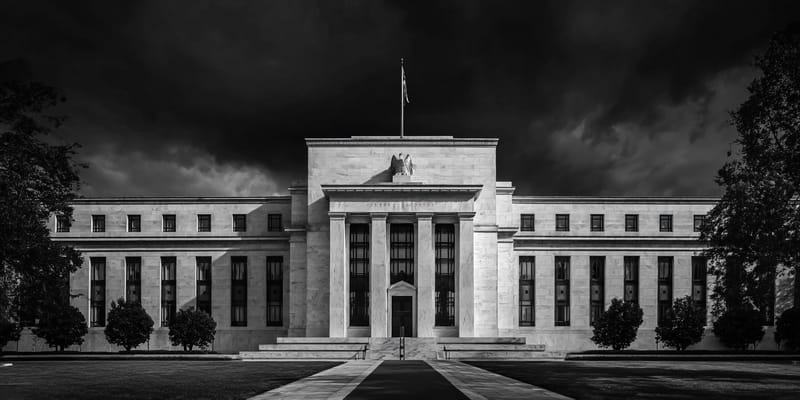Nestlé Dismisses CEO Laurent Freixe Over Undisclosed Workplace Relationship

Nestlé dismissed Chief Executive Officer Laurent Freixe on Monday following an investigation into an undisclosed romantic relationship with a direct subordinate. According to CNBC, the Swiss food manufacturer determined that Freixe's relationship violated the company's code of business conduct.
The investigation was overseen by Chairman Paul Bulcke and Lead Independent Director Pablo Isla with external legal counsel support. Freixe initially denied the relationship to the board during questioning. The company appointed Philipp Navratil, former head of the Nespresso division, as immediate replacement. Freixe will receive no exit package following his termination.
Freixe served exactly one year as CEO after taking the position in September 2024. He joined Nestlé in France in 1986 and worked his way through various marketing and sales roles before becoming regional CEO.
Why This Matters
This leadership change comes at a challenging time for the world's largest packaged food company. Food Navigator reports that Nestlé achieved 2.9% organic growth in the first half of 2025, exceeding analyst expectations of 2.8%. However, the company continues to lag behind rivals including Unilever and Danone in share price performance.
Nestlé shares have lost nearly one-third of their value over the past five years. During Freixe's leadership, the stock declined 17%, disappointing investors who hoped his appointment would reverse the company's underperformance. The company faces persistent challenges from rising commodity prices for coffee and cocoa, while consumer demand has weakened as prices increased.
The timing proves particularly disruptive as Nestlé works to execute its growth acceleration strategy. The company announced plans to increase advertising and marketing investment to 9% of sales by end-2025 and launched a cost-savings program targeting CHF 2.5 billion by 2027.
Corporate Governance Crisis Reflects Industry Trends
The dismissal represents broader governance challenges facing major corporations globally. According to research from Russell Reynolds Associates, CEO turnover reached a record 202 departures in 2024, surpassing the six-year average of 186 departures. Consumer goods companies experienced particularly high leadership instability.
This marks Nestlé's second CEO dismissal in just over a year. The company ousted Mark Schneider in August 2024 due to underperformance concerns. Such rapid succession changes create operational uncertainty and challenge strategic continuity. AI Invest research shows consumer goods sector CEO exits doubled in 2025 compared to 2024 levels.
The food industry faces mounting pressure from activist investors, inflation concerns, and changing consumer preferences. Companies struggle to balance traditional growth strategies with ESG commitments while maintaining operational efficiency. Leadership changes often trigger strategic reassessments that can disrupt established business relationships and market positioning.
Corporate boards increasingly focus on conduct issues as workplace relationships and governance standards receive heightened scrutiny. The trend reflects growing expectations for executive accountability and transparent corporate culture, particularly at companies with global consumer-facing brands.
Further Reading
For deeper insights into global adoption trends, our Alternative Financial Systems Index tracks regulatory frameworks and adoption metrics across 50 countries. The analysis provides context for understanding how corporate governance changes affect international business operations.









